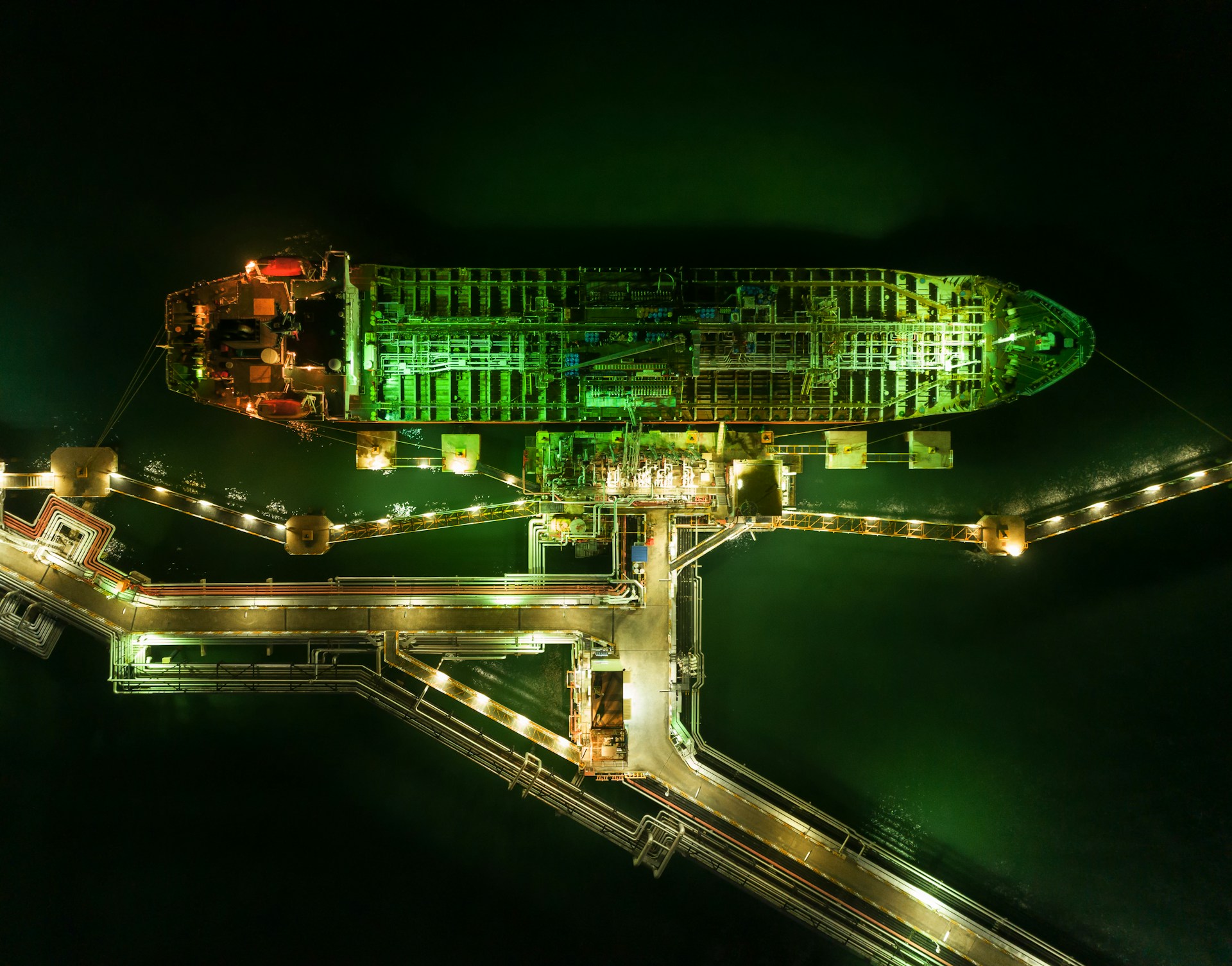Prototype Onboard System Captures 85% Carbon

The EverLoNG initiative, focusing on pioneering ship-based carbon capture (SBCC) technology, has reported successful capture rates reaching 85% in its preliminary trials.
Crafted by the Dutch enterprise Carbotreat, this groundbreaking prototype was mounted last year on the Seapeak Arwa, an 82,000 dwt tanker powered by LNG and under charter by TotalEnergies.
Marking the inaugural venture of a comprehensive onboard system that integrates capture, liquefaction, and storage capabilities, the initial phase of testing concluded this month, documenting over 1,000 operational hours. Throughout this period, the system demonstrated its potential by capturing as much as 250kg of CO2 daily.
Project leaders have confirmed that capture efficiencies of 85% were attained, suggesting that with additional enhancements, the system's performance could see further improvements. The trials also provided insights into how ship movement influences CO2 capture efficiency and the impact of exhaust gas contaminants on the solvent's efficacy in capturing CO2.
After this preliminary phase, the system is slated for removal and reinstallation aboard the Heerema Marine Contractors’ gargantuan LNG-fueled SSCV Sleipnir for a subsequent 500-hour testing campaign. This next stage will test the entire carbon capture, utilization, and storage (CCUS) sequence, where the captured CO2 will be liquified, stored onboard in a container, and eventually transported to an industrial location for either utilization or permanent underground storage.
Launched in October 2021 with a timeline extending to March 2025, the EverLoNG project aims to validate the feasibility of carbon capture technology on LNG-fueled vessels and refine the system's integration onboard ships.
Project coordinator Marco Linders expressed optimism about the initial findings, stating, “The initial results from the capture unit are very promising and we know that there is more to come. Both this and the second campaign will be important milestones in getting closer to making SBCC a commercial reality. The need to decarbonise the maritime sector is most pressing and there quite simply is no time to waste.” This quote underscores the project's commitment to advancing carbon capture solutions as part of the broader effort to decarbonize maritime transport.